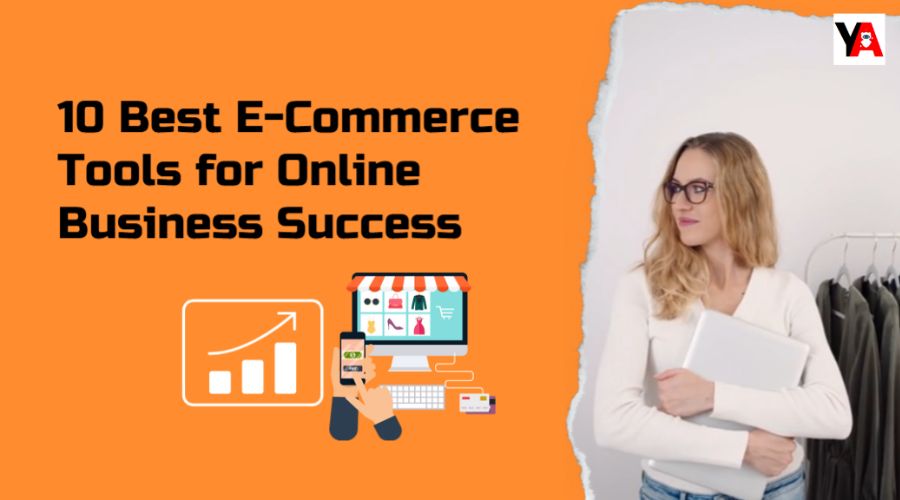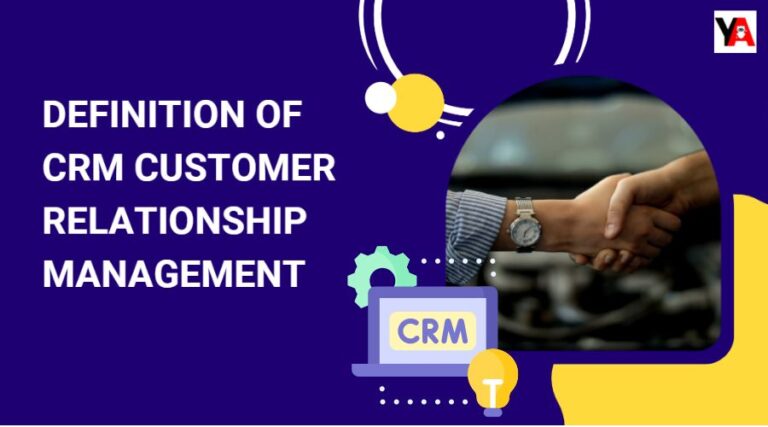Your online business can succeed or fail based on the e-commerce solutions you use. Whether you are just starting out or looking to optimize your existing operations, these tools can help streamline processes, enhance customer experiences, and drive sales. Here’s a comprehensive guide to the 10 best e commerce tools that every online business should consider.
Table of Contents
ToggleList of 10 Best E Commerce Tools
As we all know Shopify is a well-known e-commerce platform that makes it simple for companies to establish and run their online stores. Shopify’s extensive integrations, flexible themes, and easy-to-use interface make it a great option for both novice and seasoned sellers.
Key Features
- Customizable Templates: Over 70 professional themes.
- App Integrations: Access to thousands of apps for enhanced functionality.
- Secure and Reliable: 99.98% uptime and Level 1 PCI DSS compliance.
- SEO and Marketing Tools: Built-in SEO features, email marketing, and social media integration.
WooCommerce is a powerful, open-source e-commerce plugin for WordPress. It is perfect for companies wishing to utilise their current WordPress website because it provides a plethora of customisation choices.
Key Features
- Flexibility: Highly customizable and scalable.
- Extensions and Plugins: Hundreds of free and premium extensions.
- Product Management: Simplifies product listing and management.
- Secure Payments: Supports multiple payment gateways and currencies.
BigCommerce is a robust e-commerce platform designed for scalability. It provides a full range of tools for managing all areas of an online store.
Key Features
- Scalability: Suitable for small startups to large enterprises.
- SEO Features: Advanced SEO capabilities.
- Multi-Channel Selling: Sell on various platforms like Amazon, eBay, and Facebook.
- Responsive Design: Mobile-optimized themes and checkout.
Magento is a well-known open-source e-commerce platform that is scalable and flexible. It’s perfect for businesses with specific needs that require custom solutions.
Key Features
- Highly Customizable: Extensive customization options.
- Robust Features: Comprehensive product management, inventory, and analytics tools.
- Huge Community: Availability of a sizable developer group and resources.
- B2B Capabilities: Advanced B2B functionality.
Wix eCommerce offers an easy-to-use platform for building online stores. Small enterprises and individuals searching for an easy-to-use drag-and-drop website builder will find it suitable.
Key Features
- User-Friendly Interface: Intuitive drag-and-drop editor.
- Design Flexibility: Hundreds of designer-made templates.
- Integrated Marketing Tools: Email campaigns, social posts, and more.
- Secure Payments: Supports multiple payment methods and currencies.
Squarespace is renowned for its user-friendliness and elegant themes. It offers a robust e-commerce solution that integrates seamlessly with its website building tools.
Key Features
- Elegant Templates: Visually stunning, customizable designs.
- All-in-One Platform: Integrated hosting, domains, and e-commerce tools.
- Marketing Features: Email campaigns, SEO, and social media integration.
- 24/7 Support: Reliable customer support.
An open-source e-commerce platform with many functionality and customisation choices is called PrestaShop. All sizes of enterprises can use it.
Key Features
- Customizable: Extensive customization capabilities.
- International Sales: Multi-language and multi-currency support.
- Powerful Analytics: In-depth sales and customer insights.
- Large Add-On Marketplace: Hundreds of modules and themes.
An easy-to-use and manageable free open-source e-commerce solution is called OpenCart. It provides a sizable community for assistance along with an extensive feature set.
Key Features
- User-Friendly: Simple setup and management.
- Extensions and Modules: Over 13,000 extensions available.
- Multi-Store Functionality: Utilize a single admin interface to oversee several stores.
- SEO Tools: Integrated SEO functionalities to improve exposure.
The enterprise edition of Shopify, called Shopify Plus, is intended for companies with large sales volumes. It offers advanced features and greater customization.
Key Features
- Excellent Scalability: Facilitates extensive activities.
- Dedicated Support: Having a personal account manager at your disposal.
- Customizable Checkout: Tailor the checkout experience.
- Advanced Automation: Automated workflows to streamline processes.
Enterprise-level companies can use the cloud-based e-commerce platform Salesforce Commerce Cloud. It provides comprehensive tools for managing customer experiences and sales.
Key Features
- Personalized Shopping Experiences: AI-powered recommendations and personalization.
- Omnichannel Capabilities: Seamless integration across various sales channels.
- Robust Analytics: In-depth customer insights and reporting.
- Scalability: Supports large, complex operations.
Final Words - Best E Commerce Tools
The success of your online business can be greatly impacted by your choice of e-commerce solutions. There is a tool out there that meets your demands, regardless of how important scalability, customisation, or ease of use are to you. By leveraging these top e-commerce tools, you can create a robust online presence, streamline your operations, and enhance your customer experience, ultimately driving growth and profitability for your business.
Frequently Asked Questions
Because of its vast resource base, user-friendly interface, and excellent customer service, Shopify is frequently suggested for novices.
WooCommerce and BigCommerce are known for their strong SEO capabilities, providing tools and features that help improve search engine rankings.
Yes, it’s possible to switch platforms, but it can be complex and time-consuming. It’s important to research and choose a platform that can scale with your business needs from the beginning.
Indeed, there are free versions available for systems like WooCommerce, OpenCart, and PrestaShop; but, hosting, themes, and plugins may have additional expenses.
When selecting an e-commerce platform, take into account elements like customer support, payment gateways, SEO capabilities, customisation possibilities, scalability, and ease of use.
Share




















